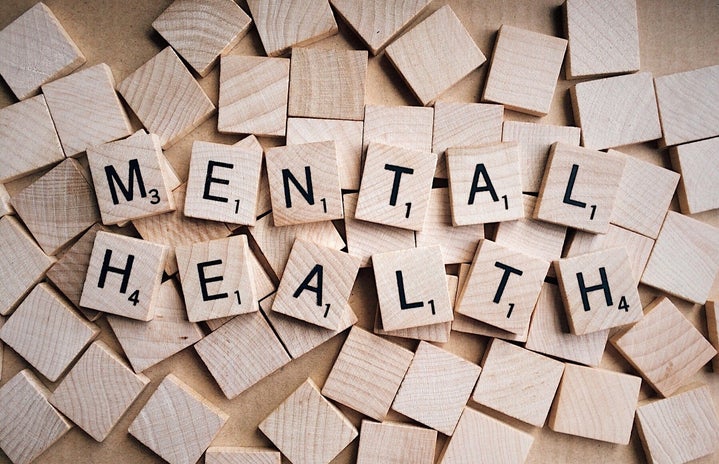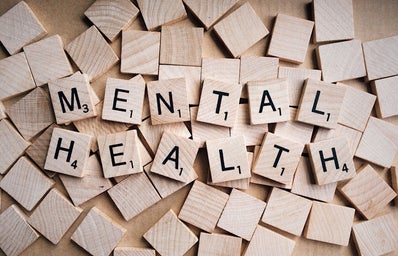I like to think of myself as a strong advocate for mental health. Even when I am not the best at following my own advice, mental health is something very important to me as I know first-hand how bad it can affect someone. Since I was in high school, I have seen the stigma regarding depression and anxiety change so much where it is much more accepted than previously. That being said, what is accepted is this romanticized version of depression and anxiety and those are not the only two mental illnesses in the world. They are much more common, so it is easier to build the understanding around them, but I still find that these two illnesses are seen on a basic level.
In reality, depression and anxiety is 1.) different for everybody, and 2.) everyone has anxiety, it just depends on the level you have it at. Anxiety is more than nerves and depression is more than just sadness. I am not trying to take away from anyone’s struggles or problems, we are all valid in how we feel, but it is hard to say that we are destigmatizing all of this when in reality, we only have a very basic understanding of what it all means AND feels like.
The romanticizing of mental health is the same as romanticizing being busy. Is that we need to compare ourselves to others because the worse off we are in that moment or the more “broken” we seem, the more sympathy we will get. This is a messed-up way to view anything. We should not be rewarding people who are more depressed or stressed or have more time-consuming activities. We should be able to not always be productive. We should be able to feel good when we feel good. We are glorifying something that should not be glorified. An illness is real, mental or physical, and appearing more “broken” than someone else is not the way to destigmatize mental illness, in fact it is making it worse.
Now why is that? If we have people who are glorifying a mental illness, you will think “oh, more people are going to understand” and you might be right, but what parts are they glorifying? Because I bet you it is not the really bad and sticky parts of depression and anxiety. The intrusive thoughts and the really bad days and everything else that comes with a mental illness. It takes over your life and your daily routine and prohibits so much.
So, we sort of destigmatized anxiety and depression but what about everything else? What about OCD that is more than just needing things tidy? What about dissociating which is more than just “oh my god I can’t believe that just happened!” Or bipolar disorder or literally anything that isn’t anxiety and depression. I don’t want to take away from the progress we have made about opening up the conversation about mental health, but if we are going to have a conversation, let’s have a real, open, inclusive one. Not just about the parts that are understandable, but about all of it. That is the only way to break the stigma.


